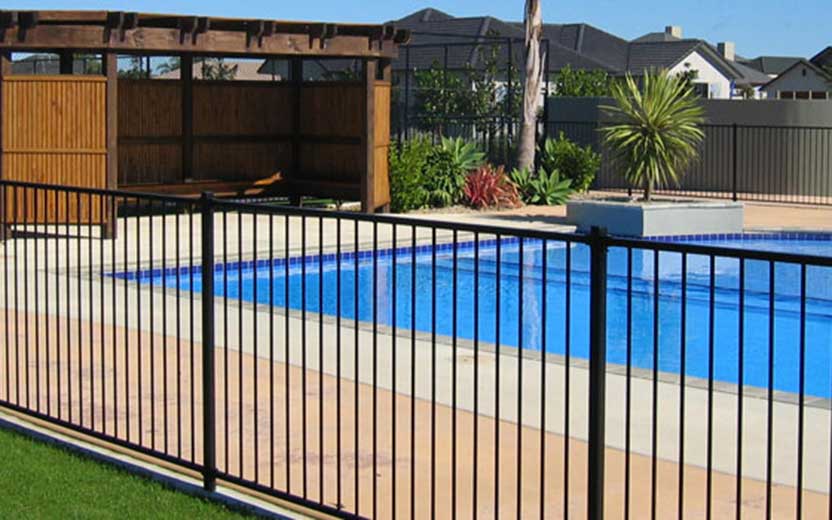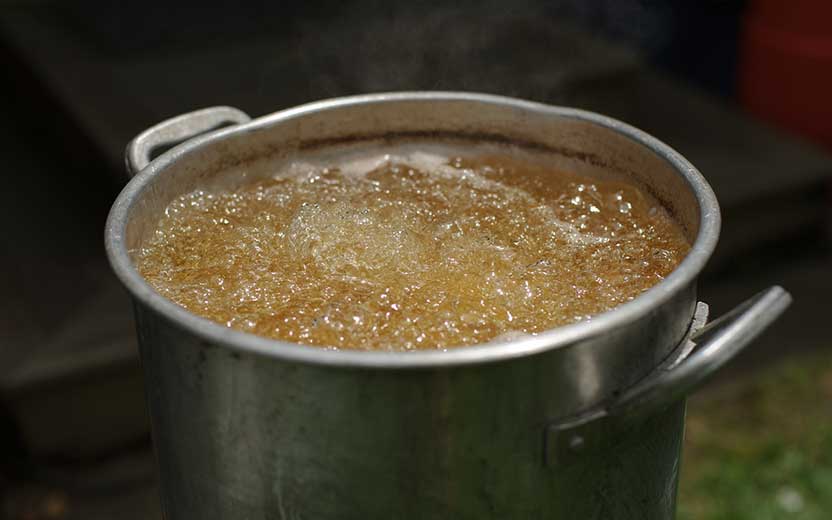By Marcus Fernandez
According to the Florida Department of Health, stress reduction, increased energy, and improved concentration are only some of the benefits of incorporating physical activity into your lifestyle. Whether you participate in golf, tennis, and other sporting activities, take a walk, go swimming, or work in the backyard, an active lifestyle pays dividends.
“National Physical Fitness and Sports Month” seems like the perfect time to offer a few tips to help you stay active and participate in outdoor sports and activities in the heat and humidity as the Sunshine States enters the summer months. These five tips for beating the heat and humidity will help adults and children to avoid physical harm as they exercise and participate in sports throughout the year.
Schedule exercise or sports activities around the weather
Heat and humidity take a toll on the body, mainly when children and adults engage in physical activities, including:
- Running
- Swimming
- Soccer
- Golf
- Baseball
- Yardwork
- Walking
- Bicycling
Check the weather forecast in the morning and plan your outdoor activities according to the forecasted temperatures and humidity. The walk or run you planned for late morning may be safer on your body if you head earlier before the temperatures rise.
While it’s true that your body uses sweating and dilating your blood vessels as part of its natural cooling mechanism during hot and humid conditions, there are limits to what it can accomplish. The simplest way to avoid heatstroke, heat exhaustion, and other heat-related medical issues is to schedule outdoor activities during times of the day when temperatures and humidity levels are lower, such as early morning or later in the evening.
Allow time for your body to get acclimated
Assuming that you ran three miles a day before relocating or visiting from a state with more moderate temperatures and humidity, you can head outside and do it in Florida is a common mistake. Even if you live in Florida year around, going from an air-conditioned gym to the outdoors requires giving your body time to acclimate to the change.
Your body needs time to acclimate to the heat and humidity it has not experienced before. Take it easy and gradually increase the time spent exercising or doing other outdoor activities.
Fluids, fluids, and more fluids!
You must stay hydrated to replace the fluids lost during outdoor activities in the Florida heat and humidity but don’t wait until you are thirsty. Instead, make it a point to consume at least eight ounces of water every hour or more frequently if it is particularly hot outside or you sweat a great deal. Drink even though you may not feel thirsty to avoid becoming dehydrated.
Water remains the best and most easily accessible method for staying hydrated. Including any of the many sports drinks on the market in your rehydration regimen is okay but be careful of beverages containing sugar.
Sugar draws fluids from cells within the body resulting in frequent urination, which depletes your body of fluids. If plain water does not appeal, try adding lemon or lime wedges to improve the taste.
If it fits in with the outdoor activity, consuming watermelon, peaches, cucumbers, and other fruits and vegetables containing large amounts of water help to keep you hydrated. Just be careful of dried fruits that do not have the same water content as fresh ones and may contain large amounts of sugar.
Dress to avoid heat-related distress
Wear loose, lightweight, and light-colored clothing when working, exercising, or engaging in any outdoor activities this summer. Choose materials that allow perspiration to evaporate and cool your body. Light-colored clothing reflects the heat while dark colors absorb it.
Remember to protect your head from the sun when considering what to wear outside to work or play. Wear a light-colored hat with a brim offering protection for your face. If outside working in the yard, a hat with a brim or cloth in the back protects exposed areas of your neck from direct sunlight.
Pay attention to what your body is telling you
You can stay active during the hot summer months as long as you listen to your body. It will tell you when it’s becoming overheated.
Learn to recognize some of the signs of heat-related distress. For example, muscle cramps could indicate you need to take a break and rehydrate. If you ignore this initial warning, it could lead to heat exhaustion. Common symptoms of heat exhaustion include:
- Dizziness or fainting.
- Vomiting.
- Cold and clammy skin or skin that is hot and dry.
- Rapid, weak pulse.
- Profuse sweating.
- Rapid breathing.
Heat stroke is a severe and life-threatening condition that requires immediate medical care. Symptoms include:
- High body temperature.
- Little or no perspiration.
- Confusion and disorientation.
- Rapid breathing
- Flushed skin.
Listen to your body to avoid summer heat illness.
Conclusion
National Physical Fitness and Sports Month offers the perfect opportunity to get outside on your own or with the family to reap the benefits of an active lifestyle. Go out and play catch or shoot hoops with the kids, take a walk or a jog along the beach or around your neighborhood, or start a vegetable or flower garden in the backyard. Remember to watch the weather, stay hydrated, dress to keep cool, and listen to your body to beat the Florida heat and humidity. If you suffer an injury in an accident this summer, contact a Tampa personal injury attorney for advice about recovering damages from the party who was responsible.


